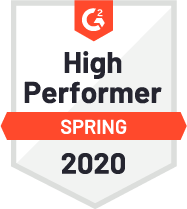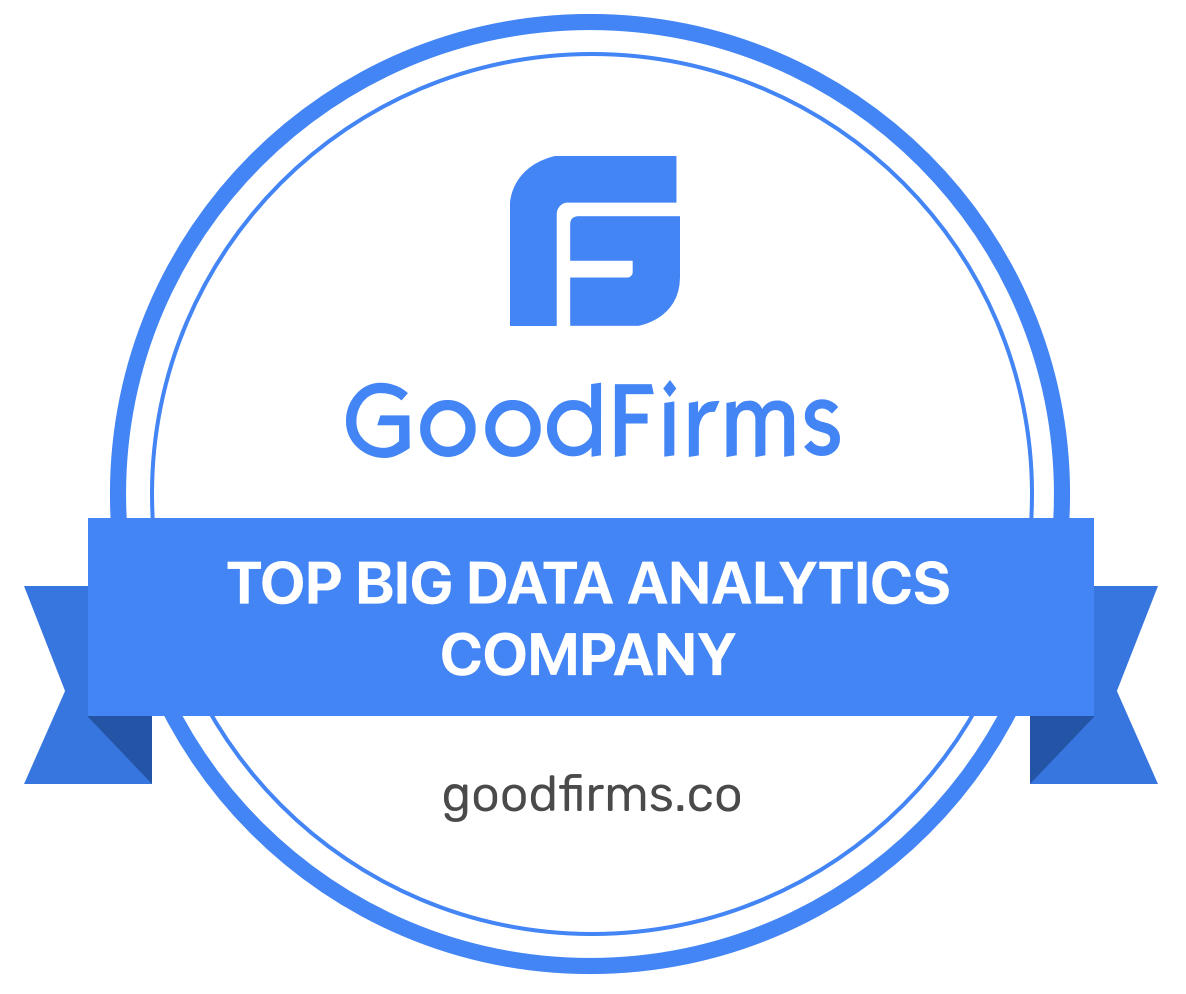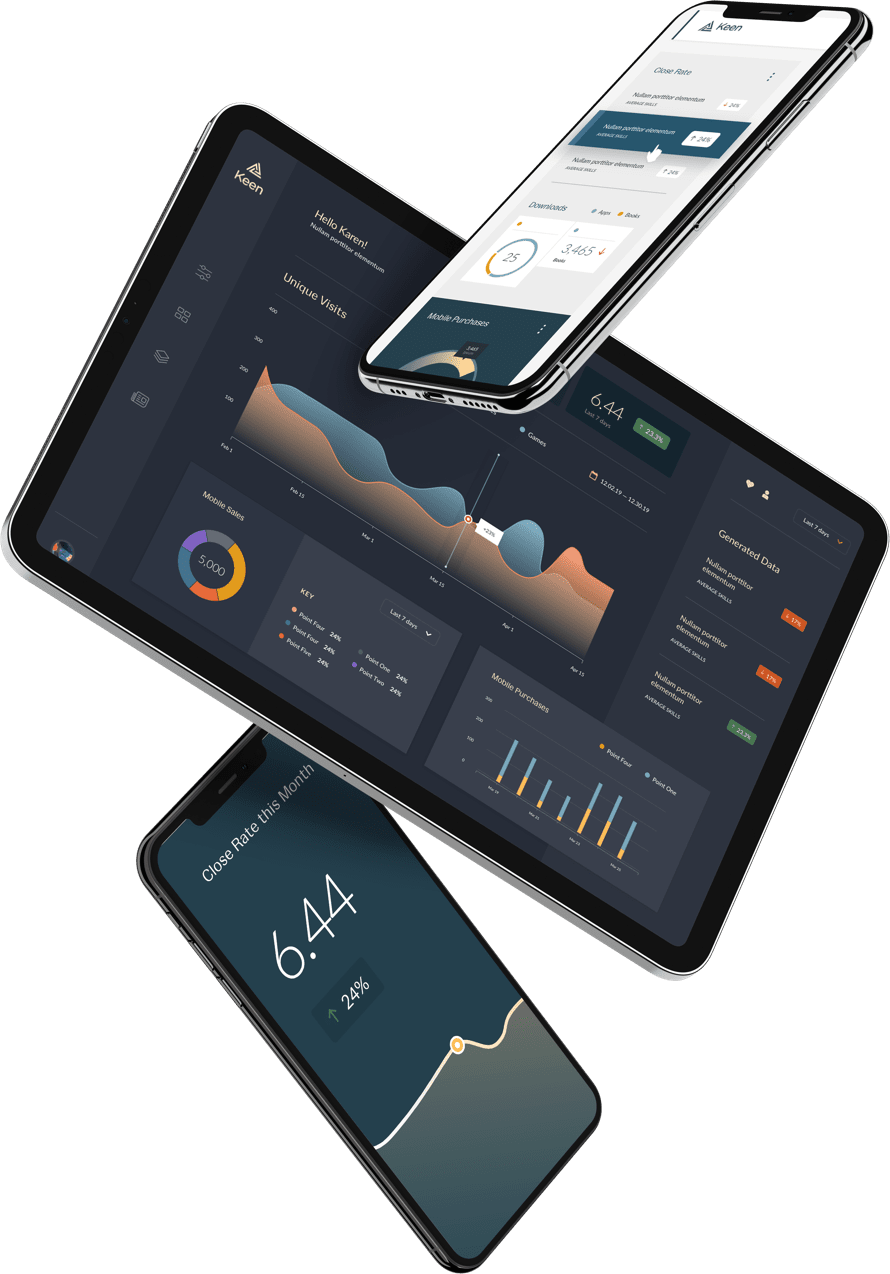Last year we laid the groundwork to provide you with the best customer-facing metrics platform to build *your* product on. While we did a ton of work behind the scenes, we also rolled out some oft-requested features:
- Official AMP support via AMP-Analytics
- OR Filters
- A more Athena friendly S3 streaming path
- Client Side Caching
- And numerous quality of life improvements and features
In 2019 we’re ramping up to deliver much more. Our mission is to make it even faster and easier to use Keen to provide insightful metrics to your customers. There are three “gifts” that we always want Keen to deliver to you:
- Higher velocity, so you can ship customer-facing metrics quickly and get back to building other awesome features for your product
- Flexibility, so you always have options to leverage Keen seamlessly in your stack whatever it may be
- Lower overhead, because you shouldn’t have to constantly be hands-on when managing your analytics stack
With those in mind, we’ve broken this year’s roadmap into 3 areas of focus. It’s important to note that we’re striving to be nimble and we’ve baked in some room for additions along the way. Also, we’ve always intended for Keen to be more of a partner than a simple service provider, so we encourage you to reach out and let us know if there’s something you’d like to see, or if you have feedback on a feature or two. We’ve included links inline that you can use to provide feedback and track progress if you’re interested. So let’s dive in.
Keen Explorer Updates
Keen Explorer makes for a great lightweight workbench where you can start asking questions of your data before developing a visualization or insight. Because of that, a lot of prototyping and ad-hoc querying happens via Explorer. We really want to boost your productivity when using Explorer and to do so we have some key improvements we’ll be working on for you:
- Feature parity – We’re going to make sure that Explorer has near feature parity with our API. You’ll be able to leverage things like Limit & Order By, as well as use new query types like Standard Deviations and OR Filters.
- Query Metadata – Because you often use Explorer to prototype queries or run ad-hoc reports, we’ll include query metadata in the Explorer UI. You’ll be able to see query performance and cost metrics right away.
- UX Improvements – We’ve also identified some general user experience improvements (such as being able to search saved queries) to make Explorer more efficient to use.
- We’ll be re-architecting and reworking pieces of Explorer behind the scenes as well. This is a precursor to allowing us to roll out other changes later in the year and makes sure that moving forward we can deliver improvements to you much faster.
You can track progress and follow along on https://feedback.keen.io/ or specifically via https://feedback.keen.io/feature-requests?search=explorer
Keen + Frontend Dev’s = BFF’s
Keen’s always been a natural fit for backend teams. After all, we speak the languages they use, and we make sure they have a rock solid analytics platform. A big goal for us in 2019 is to make sure front-end developers (or you full-stack devs out there) also get a similar world-class experience when working with Keen. We want to make implementation and maintenance much easier for you:
- Visualization Theme Builder – We’ll enable you to deliver a stellar analytics UI/UX experience in your application – one that matches your existing look and feel without having to do a ton of manual implementation work. We’ll provide a default theme or two (dark mode!) but also make it easy for you to build or extend a theme.
- Better embedding with enhanced code snippets – it’s going to be much easier for you to develop a visualization in Explorer and deploy them into your existing stack. Using Chartjs? React and Rechart? Highcharts and Angular? We’ve got you covered. We’ll provide customized embed options that you can copy and paste.
- We’ll keep modularizing keen-dataviz and also extend it further. You’ll get more flexibility with support for things like chartjs, highcharts, a d3-based map option, and we’ll start developing our PWA support.
This is just the start, and you’ll see more news from us on in this area in the coming months. In the meantime, if you’re a front-end or full-stack dev working with Keen, Adam (our lead front-end engineer) and I would love to chat with you about what else we could do to make your lives easier.
Core Platform Improvements
In 2019 we’ll also continue to improve our core platform. We’re looking at new additional query types, launching tooling for data management, and enhancing existing features. This is an area where we’ve explicitly left some room for additions and changes in our roadmap to accommodate your needs.
- Cached Datasets – While Cached Datasets are a powerful tool, they have some limits and it can be hard to tell if/when you’re hitting them. We’re working on some changes to surface these error scenarios more quickly and explicitly. We also plan to raise the restriction of 500 intervals, allowing daily Cached Datasets to go back several years. This will enable richer and more flexible experiences for your customer-facing dashboards.
- Support for “Indexed” Use Cases – Presenting metrics to your customers typically involves a lot of queries that are “parameterized” or “indexed” by a property such as `account_id`. Cached datasets provide a mechanism to handle this indexing in many common scenarios, but we think we can do a lot better. We’re working on a brand new design to enable you to show much more (and more valuable) information to your customers, without sacrificing speed or cost.
- Bulk Data Management – The data you send to Keen is your own, and we never want to be a data silo. To that end, we’re planning to roll out self-service bulk import & export tools. We’re also working towards tools for bulk delete and even bulk in-place mutation.
- Improved audit and billing insights – We’re going to implement features to give you additional insights into your usage, like query audit logs and an improved activity tab in Keen.
There are a few additional things we’re still planning or developing requirements for:
- Flexible Data Retention (TTL’s) – The adoption and roll out of GDPR highlighted the need for an easy way to automatically expire/delete events. We’re still collecting feedback to see if a first pass should support retention at the collection level, project level, or org level. Do you have a need only to age out and delete events matching a specific filter?
- Scoped/Delegated Keys – While our existing access keys are very flexible their implementation can be unwieldy in some scenarios, so we’re investigating an architecture for a scoped/delegated key mechanism.
- Of course, we also want to keep releasing new query types (like histograms!). If there are specific query types you’d like to see, let us know.
If you have any ideas or feedback about the core platform, we would love to chat with you.
Closing Thoughts
We’re pushing hard to make sure that by the end of the year it’s easier than ever for you to collect and manage events, develop new insights, and seamlessly integrate them into your application with as little work as possible. We’ll make sure update this blog post as we complete items, or as we update you on progress. Of course you can always follow along on https://feedback.canny.io as well. Lastly, if you’re new to Keen and interested in checking out our platform you can request a demo.



